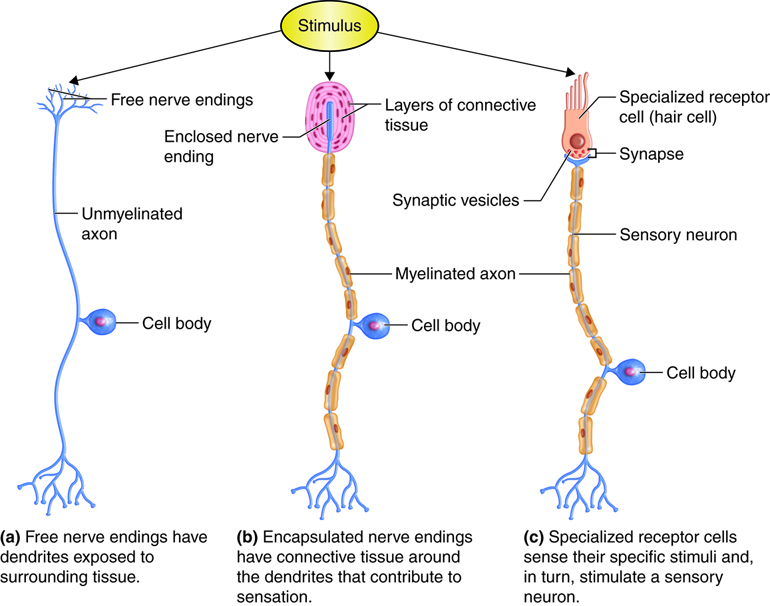In a recent breakthrough, scientists have uncovered new information about aspirin and its effects on the body. Aspirin, or acetylsalicylic acid, has been used as a pain reliever and fever reducer since the 19th century, but it wasn’t until now that scientists have been able to uncover its true mechanism.
The researchers from Johns Hopkins University School of Medicine found that aspirin works through a mechanism in cells related to proteases. Proteases are enzymes that are involved in many biological processes, such as inflammation, clotting and cell death. The researchers found that aspirin suppresses the activity of proteases in certain cells, and this, in turn, can reduce inflammation, clotting and cell death.
The new findings offer insight into how aspirin can provide relief for certain conditions, including heart disease. Aspirin is known to help thin the blood and reduce the risk of heart attack and stroke. The researchers believe that by understanding the mechanism behind aspirin’s effects, they may be able to design drugs that are even more effective at treating and preventing cardiovascular disease.
The new findings may also provide a better understanding of how other drugs work. Aspirin is a common ingredient in many over-the-counter pain relievers and medications, so understanding how it works could provide valuable information for other drugs as well.
The new findings could lead to more effective treatments for pain and inflammation and could potentially save lives. Aspirin is already widely used and these findings could help researchers find new ways to make the medication even more effective.

